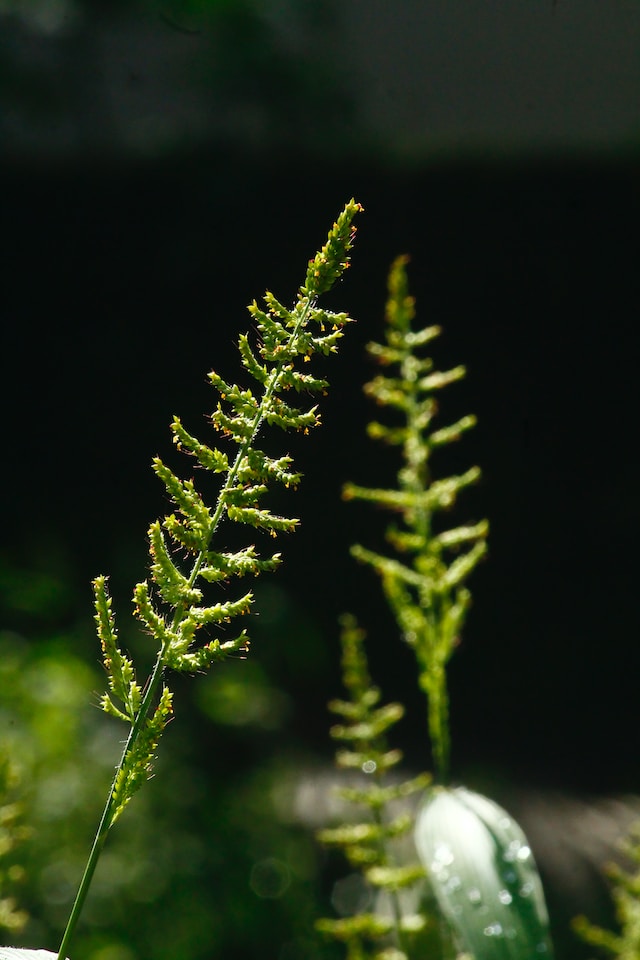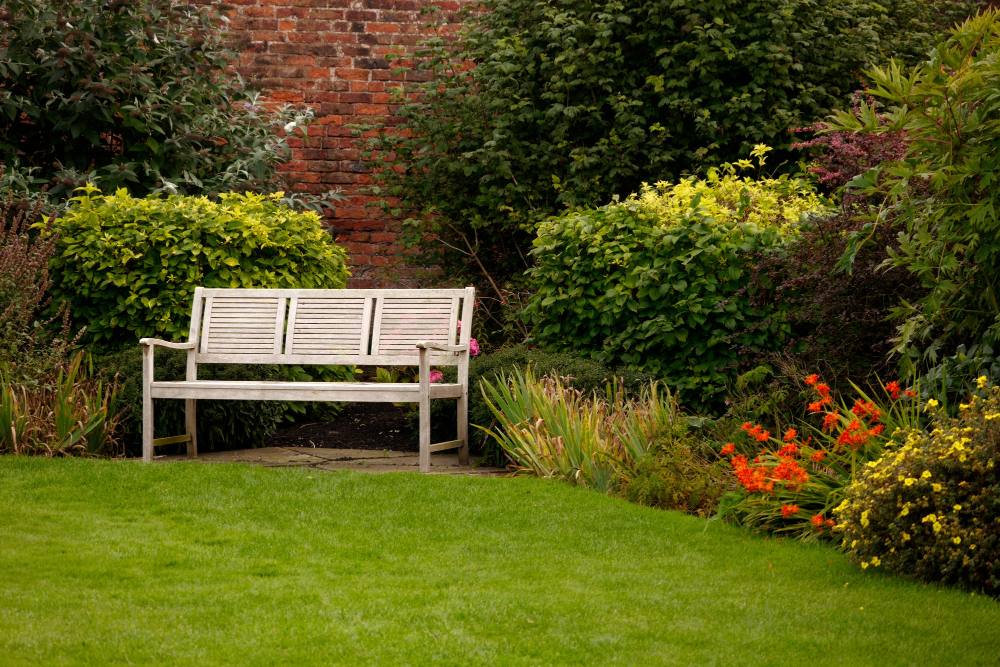Introduction:
Gardening is a rewarding and fulfilling hobby, but it can be disheartening to see your hard work destroyed by garden pests. These tiny invaders can wreak havoc on your plants, causing damage and even death. However, there are several tried-and-tested methods that can help you protect your garden from these pesky creatures. In this article, we will explore some effective strategies for keeping your plants safe from garden pests.
1. Identify the Pests:
The first step in battling garden pests is to identify the culprits. Different pests have different feeding habits and cause distinct types of damage. Some common garden pests include aphids, slugs, snails, caterpillars, and beetles. By identifying the specific pests in your garden, you can tailor your pest control methods accordingly.
2. Natural Predators:
Nature has its own way of maintaining balance, and many pests have natural predators that can help control their population. Encouraging beneficial insects like ladybugs, lacewings, and praying mantises can be an effective method of pest control. These insects feed on garden pests and can help keep their numbers in check. You can attract these beneficial insects by planting flowers that provide nectar and pollen, such as marigolds and daisies.
3. Companion Planting:
Companion planting involves growing certain plants together to deter pests. Some plants naturally repel pests or attract beneficial insects. For example, planting marigolds alongside your vegetables can help repel aphids and nematodes. Similarly, planting herbs like basil, mint, and rosemary can deter pests like mosquitoes and flies. Research companion planting combinations that work well for the specific pests you are dealing with.
4. Physical Barriers:
Creating physical barriers is an effective way to protect your plants from pests. For example, erecting a fence or using netting can keep larger pests like rabbits and deer out of your garden. Additionally, using row covers can protect your plants from flying insects like moths and butterflies. Make sure the barriers are properly installed and secure to prevent any gaps that pests can exploit.
5. Organic Pest Control:
If natural predators and companion planting are not sufficient, you may need to resort to organic pest control methods. Organic pesticides derived from natural sources, such as neem oil, insecticidal soap, and diatomaceous earth, can be effective in controlling garden pests. These products are less harmful to the environment and do not pose a risk to beneficial insects when used correctly. Always follow the instructions on the product label for safe and effective use.
6. Regular Maintenance:
Regular maintenance of your garden is crucial in preventing pest infestations. Remove any dead or decaying plant material, as it can attract pests. Keep your garden clean and tidy, and regularly inspect your plants for signs of pest damage. Early detection and intervention can prevent pests from spreading and causing extensive damage.
Conclusion:
Garden pests can be a frustrating challenge for any gardener, but with tried-and-tested methods, you can protect your plants and enjoy a thriving garden. By identifying the pests, attracting natural predators, practicing companion planting, using physical barriers, employing organic pest control, and maintaining your garden regularly, you can keep these invaders at bay. Remember, a healthy and pest-free garden is within your reach with the right strategies and a little perseverance. Happy gardening!










